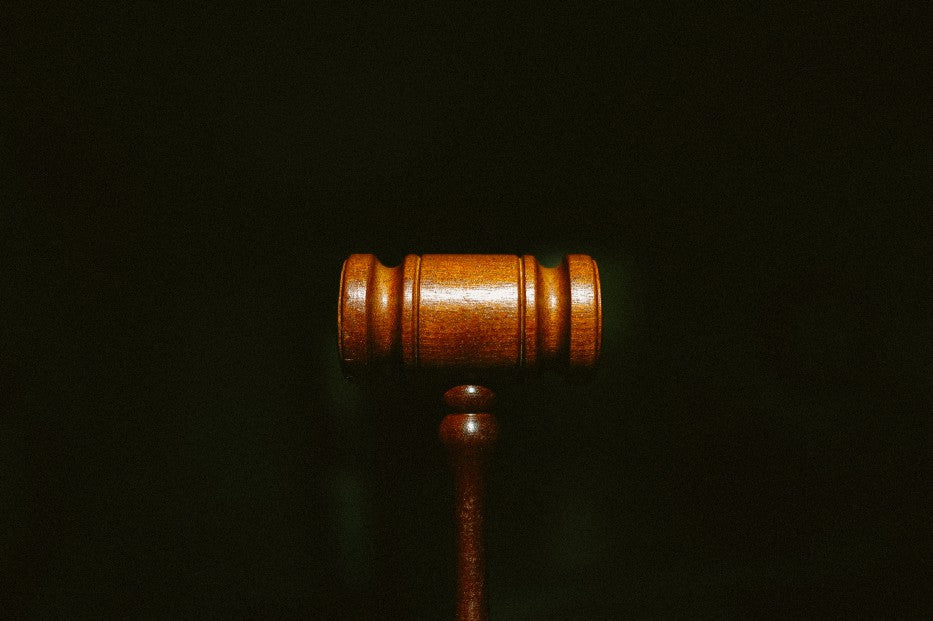How Due Process Applies to Criminal Justice
Due process is a concept that refers to a process in which the justice system is compelled to act in a manner which is fair and equitable for all members of society. In the Constitution, the concept of due process is stated twice and represents the promise that the government will operate within the confines of law and provide fair procedures.
The Fifth Amendment says that no one shall be “deprived of life, liberty or property without due process of law.” The Fourteenth Amendment, ratified in 1868, uses the same eleven words, called the Due Process Clause, to describe a legal obligation of all states (Cornell University Law, 2013).
Due process is especially pertinent in criminal justice. Due process ensures that procedures and punishments are handled fairly within the court systems. Within this context, due process refers to a broad area of rights and procedures that ensure equitable treatment. For example, accused individuals are granted the right to a jury trial. This right is part of due process because it is universal in the American justice system. As a result, no matter what state or federal court a person is in, they maintain the same right to a jury trial. This concept of fair practice and equitable treatment is what due process is concerned with in the criminal justice system.
References
Cornell University Law. (2013). Due process. Retrieved from http://www.law.cornell.edu/wex/due_process
Photo by Tingey Injury Law Firm on Unsplash
~Citation~
Triola Vincent. Mon, Mar 08, 2021. What is Due Process? Retrieved from https://vincenttriola.com/blogs/ten-years-of-academic-writing/what-is-due-process
